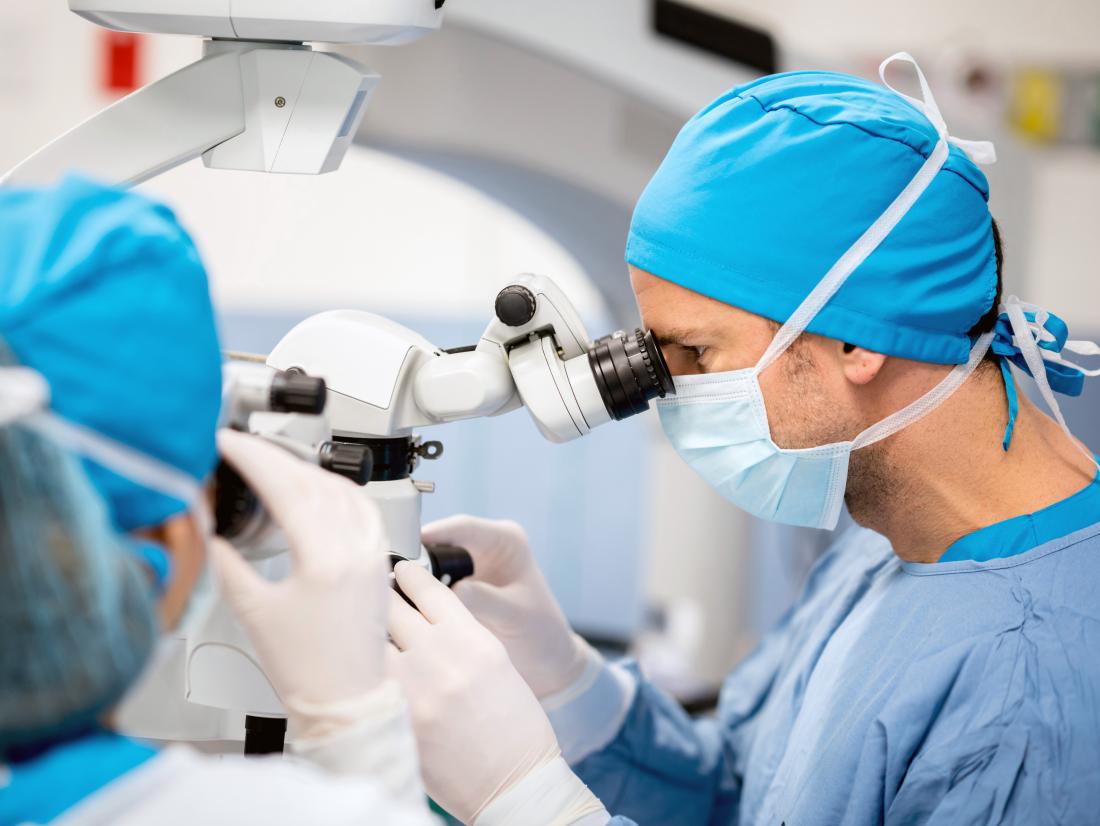General Information:
The eyes are the most complicated organ of our body and also the only organ that does not renew itself. So you have to take care of your eyes. HealthcareTour eye hospitals are designed, constructed, and equipped with state-of-the-art instruments, to serve solely as an eye surgery center. Its experienced medical staff performs thousands of eye surgeries annually.
Turkey, in the treatment of eye diseases, is one of the first destinations that come to mind. Approximately 30,000 health tourists come to Turkey for eye treatment per year.
Healthcare Tour has four eye hospitals. Two of them are Turkey’s cultural and tourism city, Istanbul. As there are two airports in Istanbul, two of them are approximately half an hour’s drive to two airports.
The third eye hospital is in Ankara, the capital of Turkey. The fourth eye hospital is in Fethiye known as Turkey’s holiday paradise. Like 5-star hotel service makes you feel comfortable on holiday after the surgery or treatment. HealthcareTour Hospitals use the Lasik method which is considered the most advanced and reliable method of application in the world. With our expertise and experience in refractive surgery, we offer reliable and economical service to Medical tourists.
After the eye treatment, you will enjoy seeing the world’s most exotic city Istanbul with renewed eyes. Affordable Healthcare Tour prices are ready to offer you high quality as well as natural and historical beauties of Turkey. With Healthcare Tour will you be seeing life more clearly.
Excimer Laser & LASIK Unit: An excimer laser is a form of ultraviolet laser that is commonly used in the production of microelectronic devices eye surgery, and micromachining.
Persons aged 18-60 without any serious systemic or eye problems can benefit from this treatment. Myopia up to -12, hyperopia up to +5, astigmatism up to 7 diopters can be corrected.
In addition to a detailed ophthalmic examination, corneal topography and pachymetry (shape and thickness of the cornea) are evaluated with sophisticated devices.
Recovery Time: Tearing and burning may happen for 2-3 hours and is accepted as normal. Antibiotic drops are used every 1-2 hours until bedtime. The eyes are protected with transparent plastic shields. The day after the surgery a 5 min. post-op check is done.
LASIK is the most often preferred laser refractive technique worldwide because of its quick recovery features. Nevertheless, if LASIK can not be done for some reason the patient may still benefit from surface ablation techniques called PRK or LASEK. The main disadvantages of these techniques are longer recovery time and greater patient discomfort. LASIK is a totally painless procedure. The eyes are numbed with drops. The microkeratome produces a 10-second pressure feeling on the eye then the patient watches the “fireworks” of the laser.
Cataract Surgery:
A cataract is an eye disease in which the normally clear lens of the eye becomes cloudy or opaque, causing a decrease in vision. Cataracts are actually considered an inevitable part of aging and are widespread among people ages 55 years and older.
Cataract surgery is a simple inpatient procedure that usually takes only 15 to 30 minutes. In fact, recent advancements in cataract surgical techniques make general anesthesia unnecessary. Your doctor or nurse will instead apply a topical anesthetic to numb your eyes.
Recovery Time: After surgery avoid touching or rubbing your eye or removing the protective covering. Your eye may feel sensitive, even scratchy, for a few days. You may even see a little glare or halos. But this will go away over time. Resume your normal daily activities-except for driving-within the first 24 hours, unless told otherwise. Your doctor may give you dark sunglasses for the drive.
Wear your protective eye covering while you sleep, if advised, and try to avoid sleeping on the side of your body that has been operated on. The next day, you should return to your doctor for a check-up. Don’t wear eye makeup until your doctor tells you it is okay. If you are in good health, you should be able to resume intense exercise after one week.
Glaucoma: Glaucoma is characterized by a particular pattern of progressive damage to the optic nerve that generally begins with a subtle loss of side vision. The type of laser surgery will depend on the form of glaucoma and how severe it is.
During the laser surgery, the eye is numbed so that there is little or no pain. The surgery is usually done with a local anesthetic and relaxing medications. Often a limited type of anesthesia, called intravenous (I.V.) sedation, is used.
Usually, filtering surgery is an outpatient procedure, requiring no overnight hospital stay. Within a few days after surgery, the eye doctor will need to check on the eye pressure. The doctor will also look for any signs of infection or increase in inflammation.
Recovery Time
For at least one week after surgery, patients are advised to keep water out of the eye. Most daily activities can be done, however, it is important to avoid driving, reading, bending, and doing any heavy lifting.
The eye will be red and irritated shortly after surgery, and there may be increased eye tearing or watering. The inner eye fluid flows through the surgically created hole and forms a small blister-like bump called a bleb. The bleb, usually located on the upper surface of the eye, is covered by the eyelid and is usually not visible.
